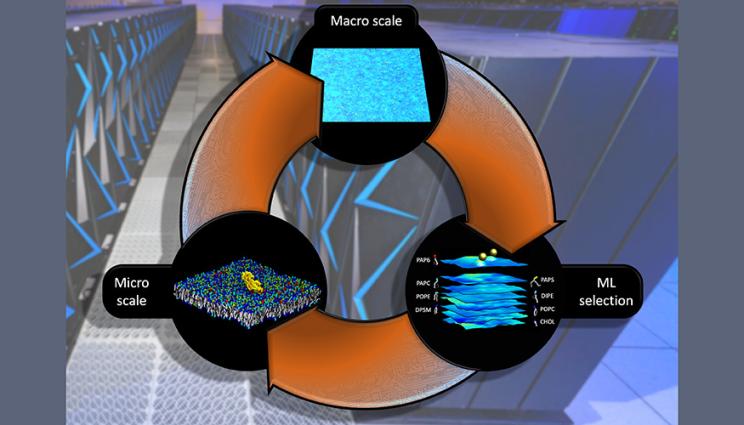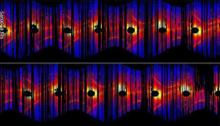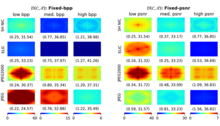Unprecedented multiscale model of protein behavior linked to cancer-causing mutations
LLNL researchers and a multi-institutional team have developed a highly detailed, machine learning–backed multiscale model revealing the importance of lipids to the signaling dynamics of RAS, a family of proteins whose mutations are linked to numerous cancers. Published by the Proceedings of the National Academy of Sciences, the paper details the methodology behind the Multiscale Machine-Learned Modeling Infrastructure (MuMMI), which simulates the behavior of RAS proteins on a realistic cell membrane, their interactions with each other and with lipids—organic compounds that help make up cell membranes—and the activation of signaling through the RAS interaction with RAF proteins, on a macro and molecular level. Researchers said the MuMMI framework represents a “fundamentally new technology in computational biology” and could be used to inform new experiments and improve scientists’ basic understanding of RAS protein binding. Read more at LLNL News.







